Erasmus+ KA103 – partner states of the EU
Smart move
Erasmus+ will support transnational partnerships among Education, Training, and Youth institutions and organisations to foster cooperation and bridge the worlds of Education and work in order to tackle the skills gaps we are facing in Europe.
Short information:
Erasmus Charter for Higher Education 2021-2027
- Students can go abroad for 3 to 12 months (including a complementary traineeship period, if planned). The same student may receive grants forstudying or being trained abroad totalling up to 12 months maximum per each cycle of study: during the first study cycle (Bachelor or equivalent) including the short-cycle (EQF levels 5 and 6), during the second study cycle (Master or equivalent – EQF level 7) and during the third cycle as doctoral candidate (Doctoral level or EQF level 8);
- Students may be awarded an Erasmus+ EU grant to help cover the travel and subsistence costs incurred in connection with their study period abroad. Erasmus+ students – whether or not they receive an Erasmus+ EU grant – are exempted from paying fees for tuition, registration, examinations and access to laboratory and library facilities at the host institution. The payment of any national grant or loan to outgoing students should be maintained during the study period abroad;
- Erasmus+ brings together seven existing EU programmes in the fields of Education, Training, and Youth; it will for the first time provide support for Sport. As an integrated programme, Erasmus+ offers more opportunities for cooperation across the Education, Training, Youth,
Scholarship rates per month for 2021/2022:
- Group 1 – Denmark, Finland, Ireland, Iceland, Lichtenstein, Luxembourg, Norway, Sweden, the United Kingdom – 520 Euros
- Group 2 – Austria, Belgium, Cyprus, France, Greece, Spain, the Netherlands, Malta, Germany, Portugal, Italy – 500 Euro
- Group 3 – Bulgaria, Croatia, Czech Republic, Estonia, FYROM (former republic of Yugoslavia, Macedonia), Lithuania, Latvia, Romania, Slovakia, Slovenia, Turkey, Hungary – 450 Euro
- Switzerland 440 CHF per month.
- Template – grant agreement model for Erasmus+ studies within Programme Countries academic year 2020/2021
- Erasmus Policy Statement 2021-2027
- Erasmus Charter 2014 – 2020
- Erasmus Policy Statement 2014 – 2020
- Erasmus Policy Statement 2007- 2013
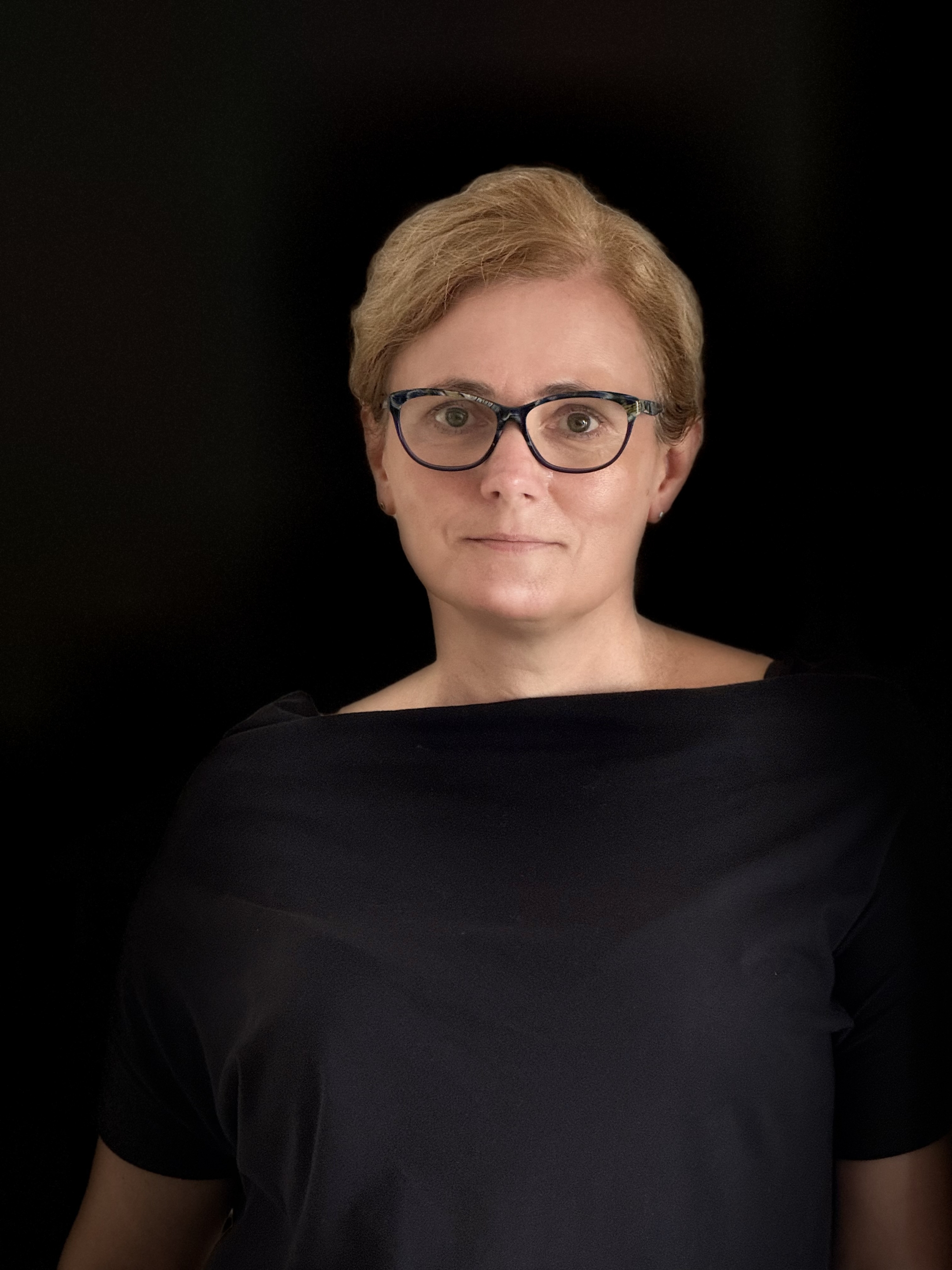
Agnieszka Nowak
Head of IPO, Erasmus+ Coordinator
phone: +48 (12) 293 54 56
room 2.3

Joanna Jackowska
Contact person for: incoming students (Bulgaria, Croatia, Czech Republic, Greece, Hungary, Portugal, Romania, Slovakia, Slovenia, Spain, Turkey), ENBS, STEP (Japan), CEEPUS incoming students, Intensive Program, Short Term Program.
phone: +48 (12) 293 52 86
room 1.3
duty hours: Monday to Friday, 11 a.m to 1 p.m
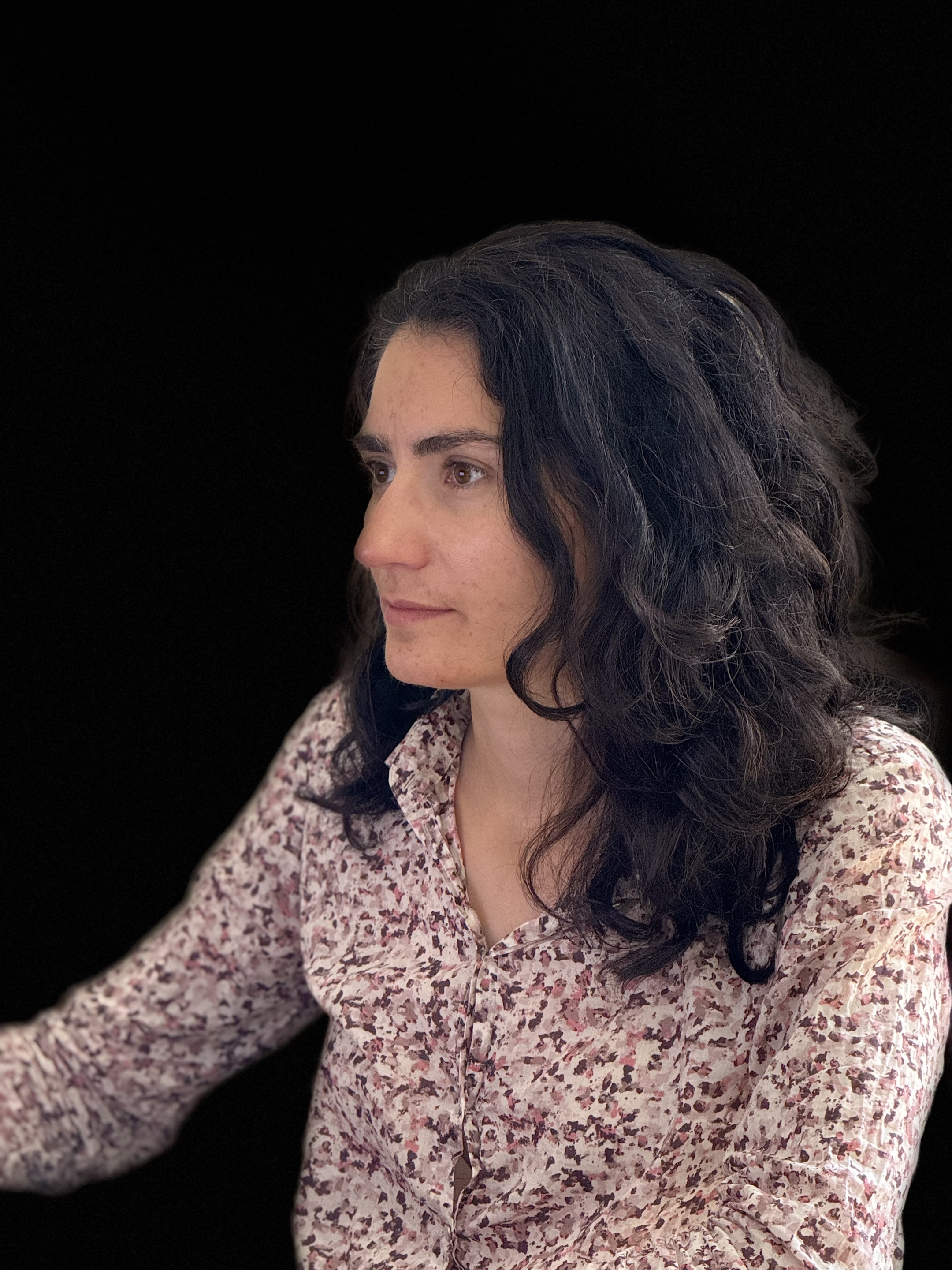
Magdalena Krasowska
Contact person for: incoming students, Erasmus+ exchange – Third countries not associated to the Program.
phone: +48 (12) 293 52 86
room 1.3
duty hours: Monday to Friday, 11 a.m. to 1 p.m.
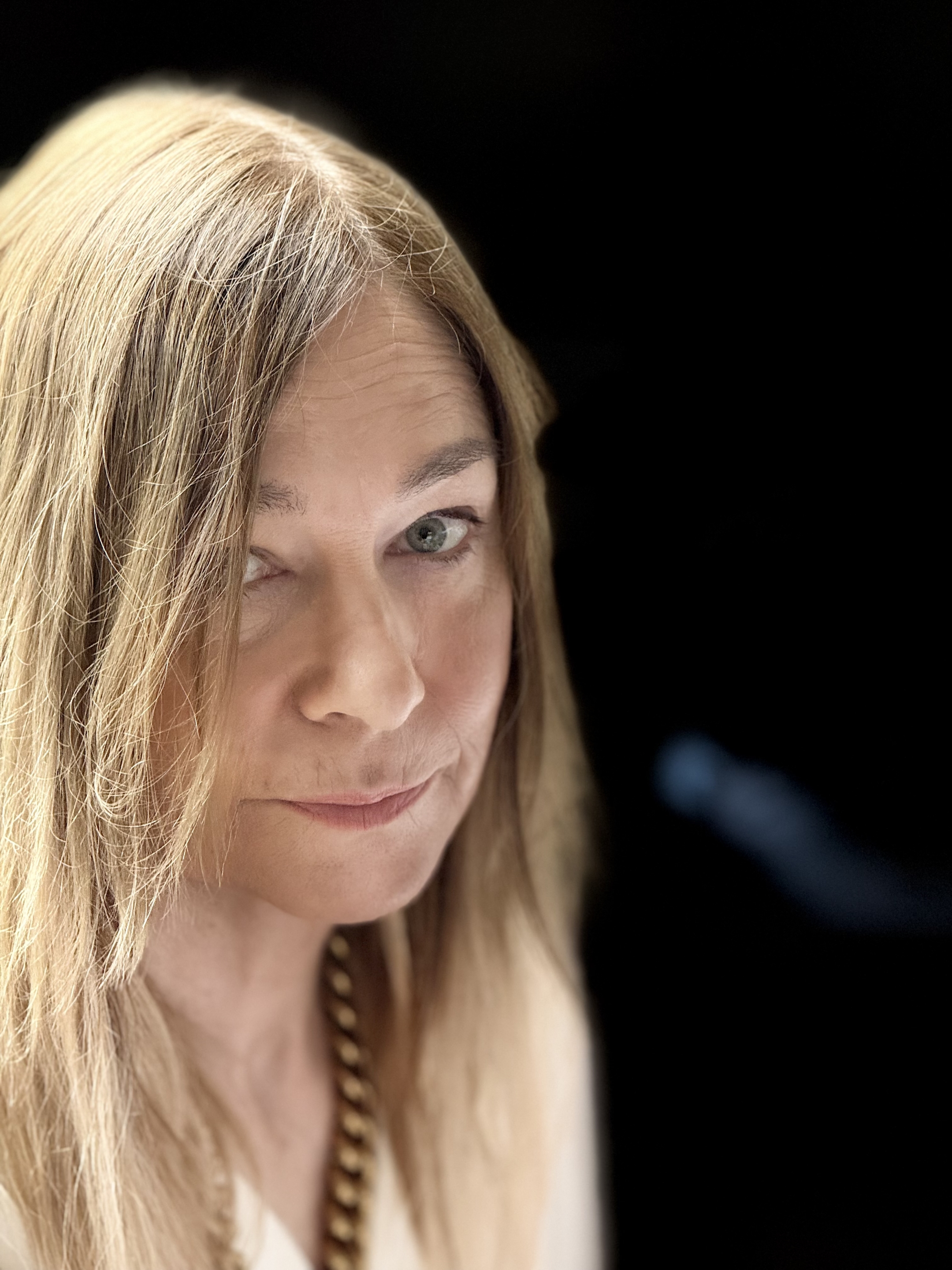
Lena Kolasa
Contact person for: finance.
phone: +48 (12) 293 54 71
room 2.3
duty hours: Monday to Friday, 11 a.m to 3 p.m
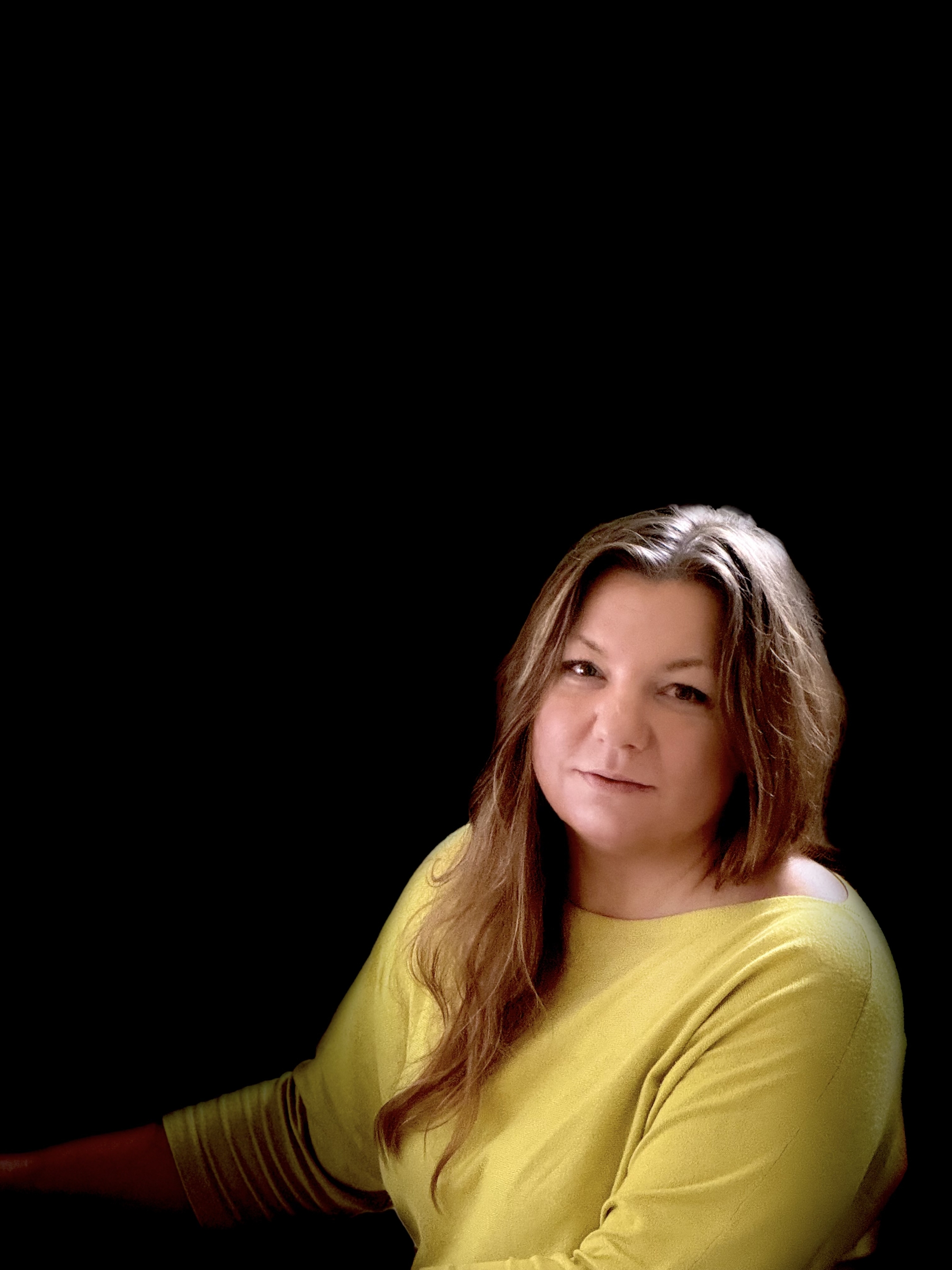
Dominika Lemler
Contact person for: Erasmus+- KA107, Education EEA programme, bilateral agreements.
phone: +48 (12) 293 55 41
room 1.4
duty hours: Tuesdays from 1 p.m to 3 p.m
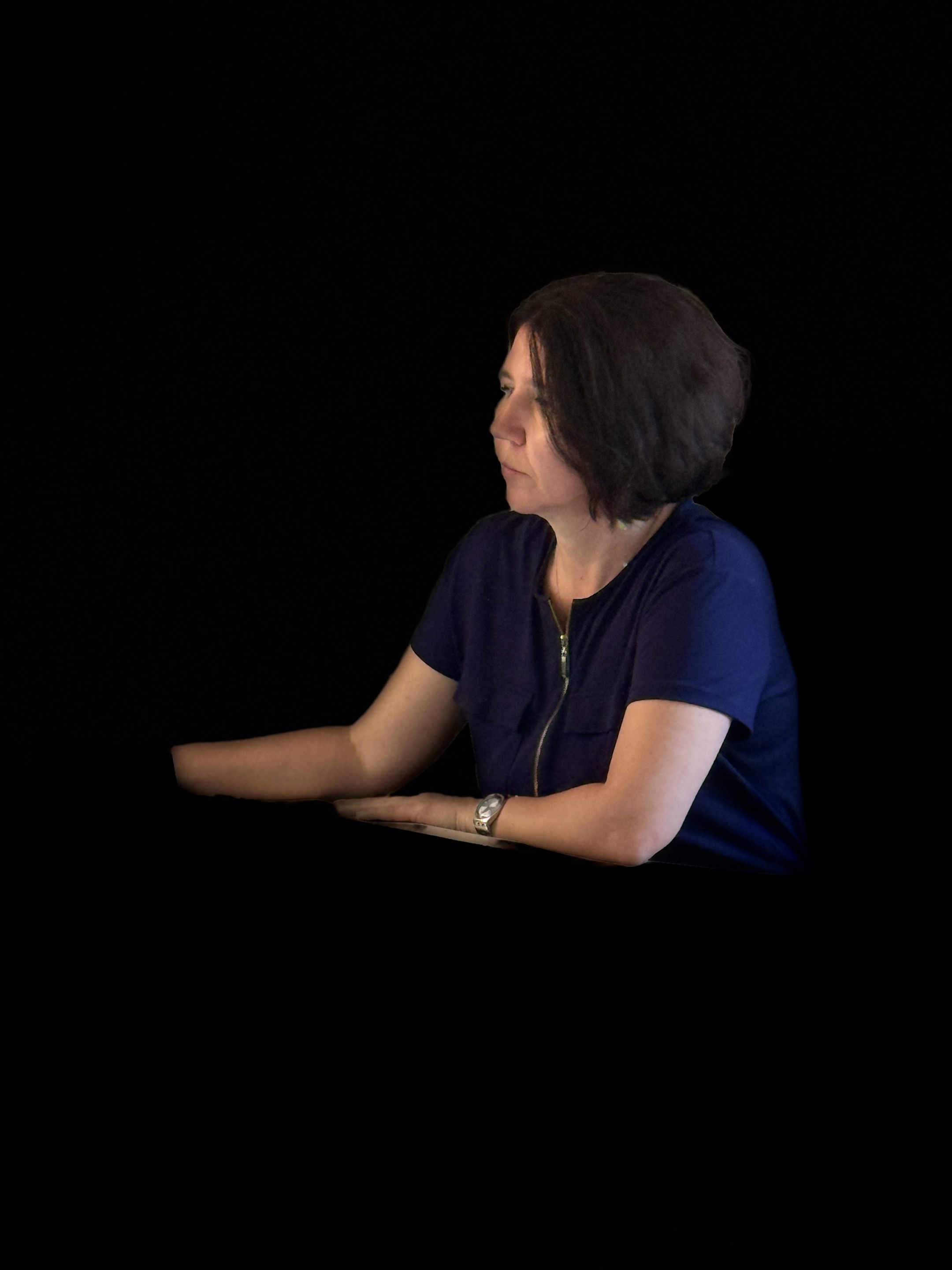
Justyna Mentel
Contact person for: outgoing students – Belgium, Bulgaria, France, Germany, Hungary, Italy, Slovakia.
phone: +48 (12) 293 55 52
room 1.2
duty hours: Monday and Thursday 11 a.m to 1 p.m

Katarzyna Zimny
Contact person for outgoing students: Austria, Cyprus, Czech Republic, Denmark, Estonia, Finland, Greece, Latvia, Lithuania, Island, the Netherlands, Norway, Romania, Spain, Switzerland, Turkey.
phone: +48 (12) 293 52 94
room 1.1
duty hours: Monday and Thursdays from 1 p.m to 3 p.m
